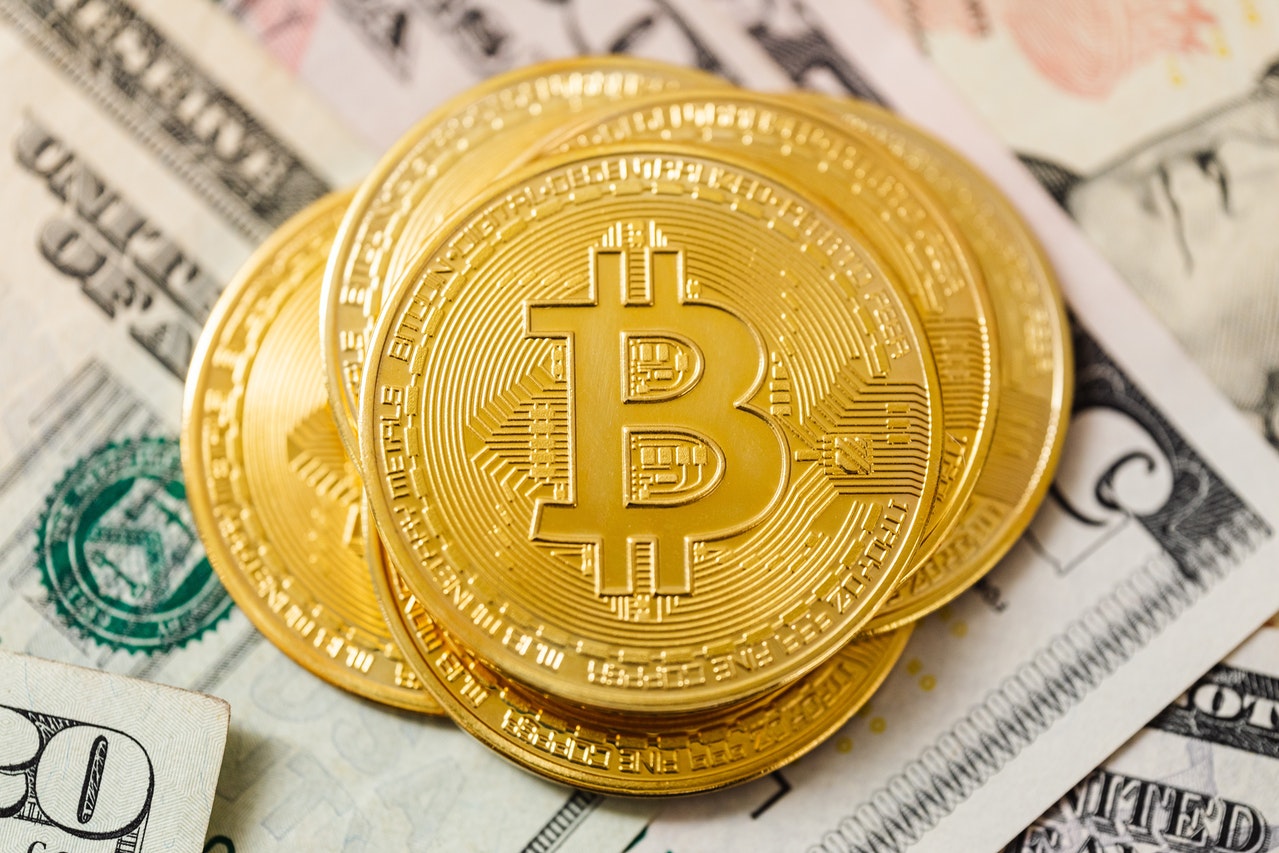
Some people usually think that Bitcoin and Bitcoin Cash are the same. Find out the disparities between Bitcoin and Bitcoin Cash.
While Bitcoin (BTC) and Bitcoin Cash (BCH) are fruits from the same tree, they are significantly different. Some experts describe them as two sides of a coin, making it more complex for most people to differentiate one from the other. Bitcoin is the pioneer cryptocurrency released in 2009.
However, as many people adopted it, the Bitcoin network started developing scalability issues a few years after its release.
The Bitcoin network's scalability issues prompted the introduction of Bitcoin Cash in 2017 to facilitate cheaper and faster payment processing. Bitcoin Cash originated from a hard fork that created two blockchain paths with a common origin for Bitcoin users. However, Bitcoin Cash and Bitcoin have significant differences. For instance, Bitcoin Cash has a market cap of about $7.1 trillion, while Bitcoin stands at over $881 billion. The following article discusses how Bitcoin differs from Bitcoin Cash.
Block Sizes
The key difference between Bitcoin and Bitcoin Cash relates to each network's block size. Bitcoin maintains its original block size of 1 MB. However, Bitcoin Cash had an initial block size of 8 MB but increased to 32 MB. That means the Bitcoin Cash network can process more transactions per second with relatively lower costs than Bitcoin.
The Bitcoin Cash network can currently handle up to 200 transactions per second. Besides, BCH transactions cost less than a penny compared to Bitcoin payments, which cost an average of $59. Check out Bit Index AI to seamlessly trade crypto and process Bitcoin payments. However, Bitcoin Cash's blockchain size has not grown as forecasted because it is not processing enough transactions to fill the extra block space.
A new cryptocurrency created through a Bitcoin Cash hard fork, Bitcoin SV (BSV), seeks to raise its block size to 1 TB. It currently boasts a much larger blockchain size than Bitcoin.
Difficulty Adjustment
Among the key differences between Bitcoin and Bitcoin Cash is the difficulty adjustment algorithm added to the Bitcoin Cash. That creates a disparity in the potential earnings of miners. However, Bitcoin miners can easily switch to the Bitcoin Cash platform in case it becomes more profitable than the former since both networks use the SHA-256 hashing scheme.
Bitcoin Cash's difficulty adjustment algorithm means the network's computational power can vary significantly. It ensures the creation of new coins at a stable rate of about ten minutes, either by reducing the difficulty by half if they are behind schedule or doubling if they are ahead of schedule.
Smart Contracts and De-Fi
Bitcoin currently does not support smart contracts. However, innovators are working on building decentralized finance (De-Fi) services on its blockchain. On the other hand, Bitcoin Cash has begun using smart contract languages such as Cashscript to facilitate more complex functions. The language seeks to introduce De-Fi to Bitcoin Cash to boost its competitiveness against market leaders, Bitcoin and Ethereum. The Bitcoin Cash network has already developed tools like CashSuffle and CashFusion to enhance network privacy.
Token Issuance
Projects must use the Omni Layer to issue tokens on the Bitcoin blockchain. The Omni Layer is a platform where people create and trade custom digital assets and currencies with next-gen features. However, the issuance of tokens on top of Bitcoin Cash uses the Simple Ledger Protocol, similar to Ethereum's blockchain. While some asset issuance can be in SLP tokens and Omni transactions, the existence of different blockchains makes it easier for users to select their most preferable network.
Overall, Bitcoin and Bitcoin Cash are decentralized virtual assets under the same monetary policy but with different visions. Bitcoin Cash mainly seeks to become the next generation transaction currency, while Bitcoin emphasizes providing an inflation hedge and a store of value.
* This is a contributed article and this content does not necessarily represent the views of techtimes.com









